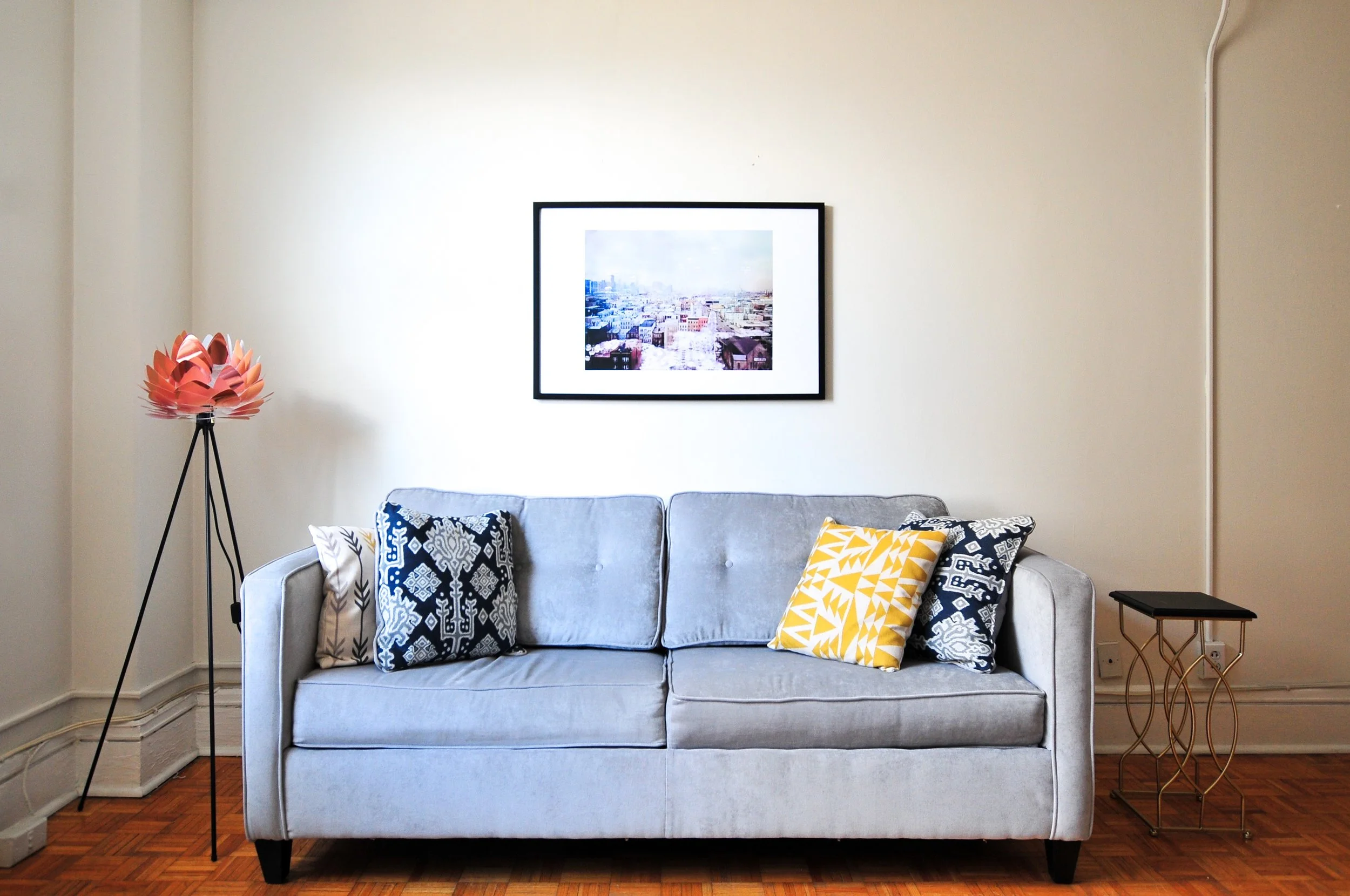Dave,
Having the many up's and down's that comes with life and the decline of higher paid jobs, I find myself still wanting to stay here in the valley. I have lost everything due to poor planning. With that being said I still have my family and many, many assorted pets on a very small pension. I will not part with them and am looking for work. Renting and lease option seems to be out of the question and buying anything is a no go for 7 years. After living in a camper for 8 months, I have decided to cash out my 401k and look for land. My question is, where are the "owner finance or carry terms?" I know they are available, but most Realtors are not educated to the old school term. Should I just run my own ad and work a deal? Given the owner attitude of “my land has gold and overpricing” in most areas I would think this is a 50/50 win solution on both sides. Payment terms for them and a beginning for us.
Edward, location withheld
Edward,
Life does have its ups and downs. Remember, it’s how you deal with the adversity in life that really does shine the light on your true character and it is clear you are a fighter! It appears that you have learned from your past “poor planning” and are working to right the ship for you and your animals. Living in your camper for the past 8 months is proof that you are making a significant effort to stay in the valley and you should be proud of hanging in there. Things will turn around, but it may take time and a plan. Sounds like you are now working on a specific plan in place. With your assorted pets, I am sure you are right that renting will prove to be very difficult, however, don’t rule out a lease option or owner carry.
There are opportunities for a lease option and owner carry, however, to really have a chance at either one, you will have to have a significant sum of money to put down. Generally, I recommend a seller receive between 10% & 20% down to get involved with a lease option or an owner carry situation. Cashing in your 401K may be the key that opens the door to the down payment needed. I do not agree that “most Realtors are not educated to the old school term.” Actually, I do think they are educated to the term, but there are fewer opportunities available to initiate owner carry terms. It is my experience, and please understand that my experience is limited to the past 13 years, that there are not a plethora of owners who are really interested in owner carry terms or lease options. It is VERY rare that I have an owner who is looking to solicit an owner carry opportunity. I believe most owners who are working with real estate agents are looking to SELL in the near term because they have other plans for where to use their money. You are absolutely correct, an owner carry or lease option scenario can be a win/win for both parties, as long as the owner is looking for income and not looking to get the total sum of their investment out. I also believe that running your own ad may be a very good idea.
“I think running your own ad “seeking owner carry terms or lease option” might prove more successful than you might expect. I find property owners who are interested in lease options or owner carry terms are not typically mainstream. ”
I think running your own ad “seeking owner carry terms or lease option” might prove more successful than you might expect. I find property owners who are interested in lease options or owner carry terms are not typically mainstream. They tend to have different investing and financial practices that fall outside of normal real estate agent practices. You might also seek out agents who deal with owner carry clients. There are agents who tend to have that kind of client. Just call the owner/brokers at different real estate offices and ask them which agents are most likely to work on those kinds of deals. They will know and help steer you to the correct people.
I can feel your frustration and am sorry your journey is proving difficult. I am prayerful that you find the new beginning you are seeking and I am confident you will.
Dave Kimbrough
The Kimbrough Team



















